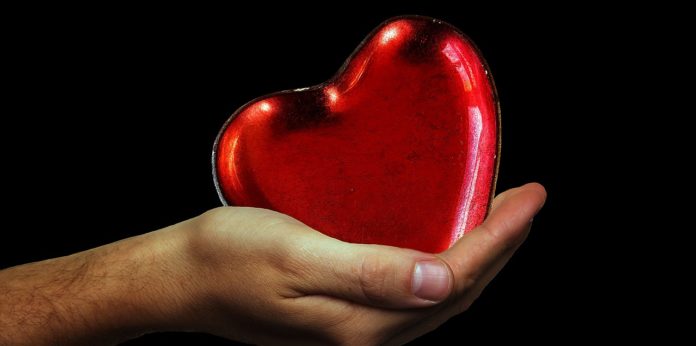Critically ill COVID-19 patients are 10 times more likely to develop cardiac arrhythmias
Patients with COVID-19 who were admitted to an intensive care unit were 10 times more likely than other hospitalized COVID-19 patients to suffer cardiac arrest or heart rhythm disorders, according to a new study published in the Heart Rhythm Journal, the official journal of the Heart Rhythm Society.
The study suggests cardiac arrests and arrhythmias are likely triggered by systemic illness, not solely due to the viral infection itself.
Arrhythmia or heart rhythm problems occur when electrical impulses that coordinate your heartbeats don’t work properly, causing your heart to beat too fast, too slow, or irregularly. If left untreated, cardiac arrhythmias can lead to serious medical conditions, including stroke and cardiac arrest – the abrupt loss of heart function.These include irregular heart rate (atrial fibrillation), slow heart rhythms (bradyarrhythmia) or rapid heart rate that stops by itself within 30 seconds (non-sustained ventricular tachycardia).
The study suggests cardiac arrests and arrhythmias are likely triggered by systemic illness, not solely due to the viral infection itself
“In order to best protect and treat patients who develop COVID-19, it’s critical for us to improve our understanding of how the disease affects various organs and pathways within our body – including our heart rhythm abnormalities,” said the study’s senior and corresponding author Rajat Deo, MD, MTR, a cardiac electrophysiologist and an associate professor of Cardiovascular Medicine at Penn. “Our findings suggest that non-cardiac causes such as systemic infection, inflammation and illness are likely to contribute more to the occurrence of cardiac arrest and arrhythmias than damaged or infected heart cells due to the viral infection.”
Recent studies from China have suggested that COVID-19 is associated with a high incidence of cardiac arrhythmias, particularly among critically ill patients – early reports showed 44 percent of patients admitted to the ICU suffered arrhythmias.
Patients in the study had a mean age of 50 years, with Black patients accounting for more than 70 percent of the population. Researchers identified a total of 53 arrhythmic events: nine patients who suffered cardiac arrest, 25 patients with atrial fibrillation who required treatment, nine patients with clinically significant bradyarrhythmias and 10 non-sustained ventricular tachycardia events. The team did not identify any cases of heart block, sustained ventricular tachycardia or ventricular fibrillation.
Of the 700 patients hospitalized with COVID-19 to the Hospital of the University of Pennsylvania, about 11 percent were admitted to the ICU. None of the other hospitalized patients suffered a cardiac arrest. After adjusting for confounding factors, researchers found cardiac arrest and arrhythmias were more likely to occur among patients in an ICU compared to the other hospitalized patients.


